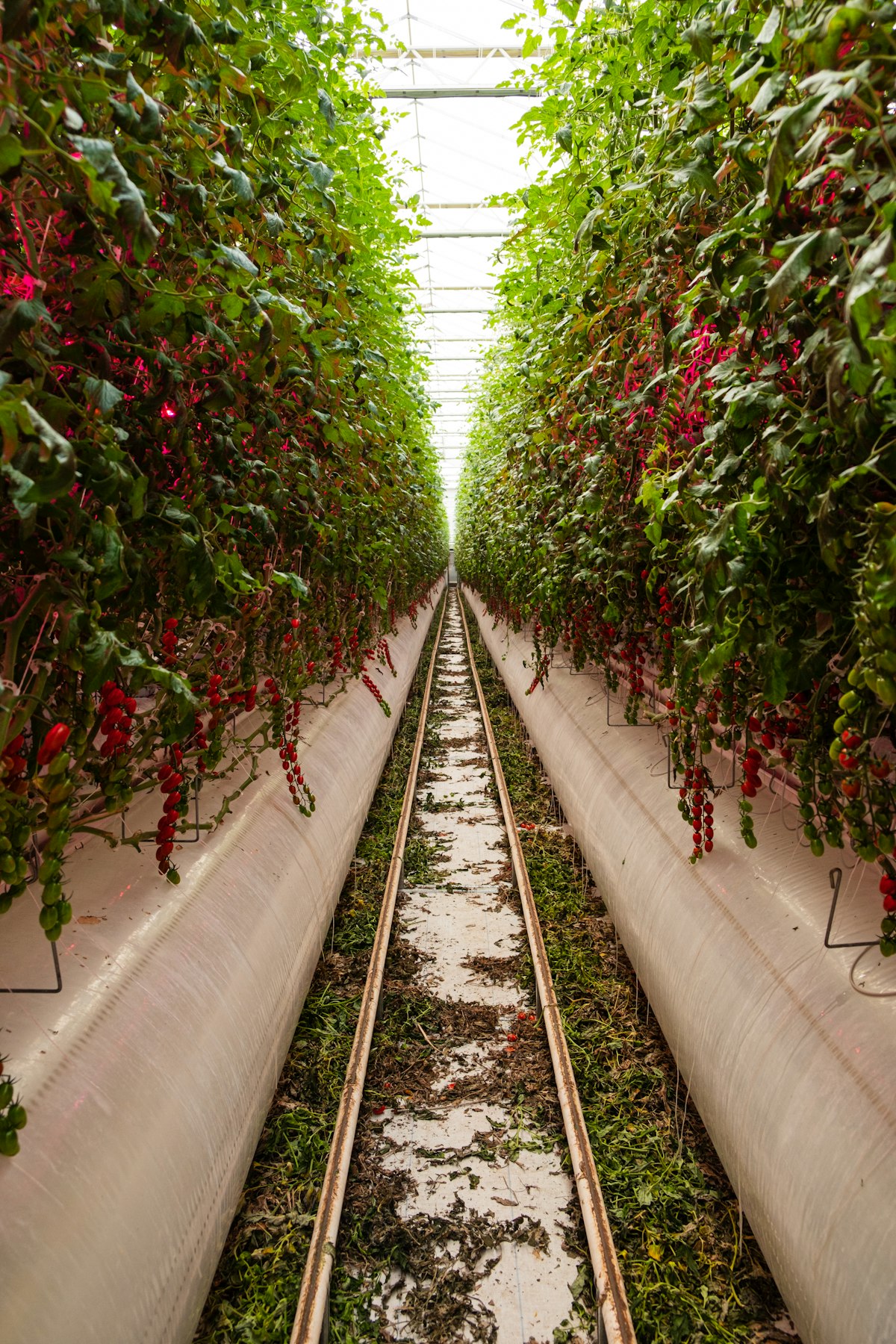What if vertical farming wasn't about food?

One of the many difficulties to cope with in innovation is how it never really fits in a pipeline. While technology outputs are essentially linear and predictable (they're mostly aiming for increased performances), changing a market is always a bifurcating, twisting, and turning road.
A potentially spectacular illustration of this principle might soon be coming from what is flagged as Foodtech and Agtech. I've been involved with quite a few actors in this market working on different aspects of it lately. Whether we talk climate change or food autarky, the core problems to solve are quite obvious.
Are they, though?
Recently, another customer of us working on foresight and analyzing both market and technological trends, disclosed a fascinating insight related to this innovation field:
Vertical farming doesn’t only enable growing food. One of the highest grants in the United States was allocated to the American Sustainable Rubber Company, which grows genetically-modified dandelions that can be turned into rubber! The company observes that rubber is used for tyres, as well as on “50.000 products from healthcare supplies to flooring and toys.” Most of the world’s rubber originates from Asia, where forests are “cleared” to plant rubber trees. Vertical farming thus could help reduce deforestation. - L'Atelier BNP Paribas
While Foodtech and Agtech are aiming for ecological transformations, they might along the way open the doors to several other revolutions in markets that are relying on rare, or historically inefficient to harvest natural materials and ingredients. The follow-up impacts of working on sustainable meat and crops could ripple out soon enough in the car market or in beauty products.
This is why innovation demands that you always keep your heads up, looking beyond the core technology or product, and that you try as much as possible to monitor markets that can be on a collision course with yours.



